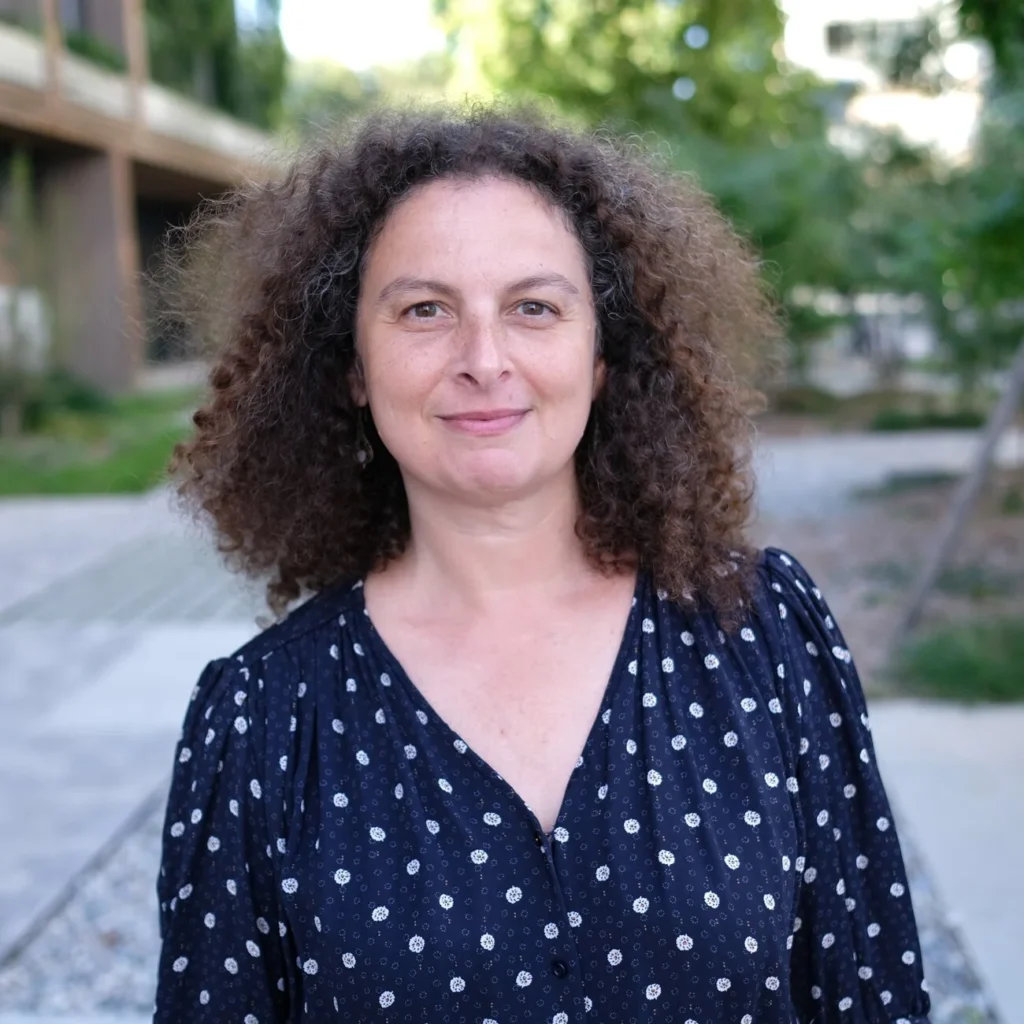Following the launch of our impact report from the Democratic Republic of the Congo (DRC), Karine Bonneau, GSF’s Head of Projects for Interim Reparative Measures, reflects on the lessons learnt from the project and how it has shaped our work.
The full report can be accessed here.
As the second of three pilots, the project in the DRC (2020-2024) built the foundations for GSF’s work today. Our core concepts and ways of working were derived from learning and working with survivors and partners across the North-Kivu, South-Kivu and Kasaï-Central provinces, where we reached 1,093 survivors of conflict-related sexual violence.
Co-creation as a base
Delivering interim reparative measures across more than 50 villages is no small task, and logistical challenges proved one of the biggest obstacles to our work in the DRC. The North-Kivu, South-Kivu and Kasaï-Central provinces resemble different countries: they speak different languages, are physically far apart, and have different customs. In Kasaï, communities were not familiar with concepts such as the livelihood and savings schemes we built with survivors in the Kivus, and men and women were not used to collaborating and working together. This project also remains the largest number of survivors we have ever worked with. Navigating this, and such different contexts, was difficult but also a great test to prove our capabilities.
The work of the national survivor’s movement was essential; without them we wouldn’t have been able to reach as many people.
— Karine Bonneau, Head of Projects for Interim Reparative Measures

The reality on the ground reinforced that working with survivors from the outset is crucial. The DRC is really where we shaped the meaning of ‘co-creation’ – now such a key part of our work. We already knew that survivors had to be involved at every stage, and that they knew best what they needed. But it was here we really saw the importance of this approach.
The work of the national survivor’s movement was essential; without them we wouldn’t have been able to reach as many people. We saw the importance of working with survivors from the community, already trusted by their peers, to reach out to local leaders, relatives, and gain acceptance and trust. The psychosocial assistants – some of whom were known as mamans chéries – were already working in their local areas, and were crucial in managing and mitigating stigma and other potential obstacles to our work.
The DRC was once known as the ‘rape capital of the world.’ Sexual violence is stigmatised, but it is not always a taboo. Survivor networks are strong, and they know what they want. The longer I stayed in the DRC, the more survivors opened up to me: they had a vision for their interim reparative measures, and they weren’t prepared to let anything get in their way. At their request, we held positive masculinity workshops with their husbands and male relatives to ensure they would accept the measures and give the women the independence and respect they needed. This is the importance of co-creation: when survivors shared their vision or needs, we had to adapt. At that time, we began to really embed the term ‘co-creation’ in our work; acting with and for survivors was the only way forward. And co-creation needs flexibility.
GSF’s emphasis on working with survivors allows them to pave their path forward, with the support of our partners. The impact of this was clear; in our final measurements, 98 percent of survivors said the project had changed their lives, while mental and financial wellbeing ratings also improved.
A national reparation fund and a way forward
Our project helped lay the foundations for the national reparation fund (FONAREV). As this was our second pilot, we were learning as we went, while still keeping that survivor-centred approach in mind. From the very beginning, we worked to establish the environment for discussions on reparation – including both survivors, national authorities, and the UN on our Steering Committee. This was a place to make alliances and to share what we were learning from our project – what survivors wanted, the importance of co-creation, and how to do no harm. For instance, a military judge joined us and became the strongest voice for survivor rights and access to reparation. We used all of this to push survivors’ demands, including the drafting of the Kinhasa Declaration in 2021, and held workshops to share the lessons learnt from the project and good practices on reparation from other countries. While the establishment of the FONAREV was a welcome step, we also expressed our concerns with some aspects of the initiative, that is yet to provide effective reparation to survivors.
Looking forward
Our work in the DRC has helped inform our interim reparative measures projects elsewhere. We saw this through the success of Panzi’s mobile clinics, which brought much-needed medical care to survivors living in remote areas without access to hospitals. Those in need of specialised treatment were then referred to regional hospitals and Panzi Hospital in Bukavu for surgery. For survivors with little means, the mobile clinics were a game changer, and opened the door for their physical wounds to be healed. This approach is now being replicated in the Central African Republic (CAR), while concepts and lessons we developed in the DRC can be seen across our work in Africa, Asia, and Latin America.
Violence in the eastern DRC surged at the beginning of 2025, after our project ended. GSF stepped in with emergency support through the survivor’s network, meeting the urgent needs of victims. We will continue to stand by survivors and amplify their demands for timely reparation.